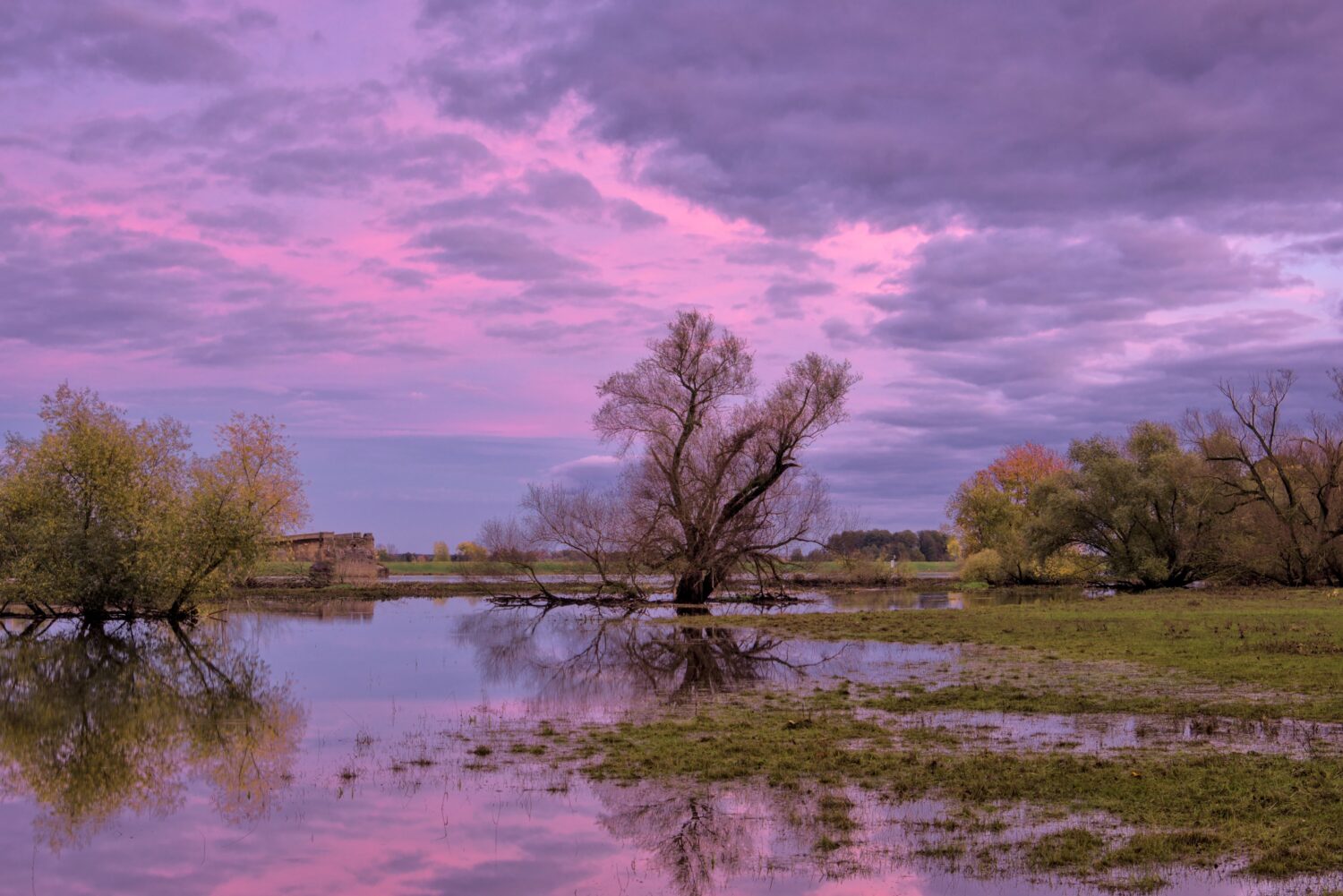If Sam Gemmell could change one thing for North East nature, it would be the way in which we view and appreciate our important insects.
If I could change one thing for nature, I would want for the public to be better educated about insects, to dispel the negative opinions that hinder their conservation.
Most people would say that they love nature to some degree, and it is this love of nature that is needed to inspire people to protect nature. However, I believe that, as a society, our love of nature is incomplete; everyone loves our charismatic wildlife, such as red squirrels, hedgehogs, and garden birds, but fewer people would proclaim to love the insects that carry out vital ecosystem functions. People are uneducated and unaware of insects, and so they are often not acknowledged in discussions about biodiversity loss and conservation, despite their importance to the natural world. For instance, the plight of pollinators has recently become widely talked about, with the public taking an interest. However, many people still are unaware of what our pollinators really are. People mostly associate pollination with honeybees and bumblebees but are unaware of the solitary bees, which make up about 90% of our bee species. Focusing only on honeybees and bumblebees as pollinators also ignores the pollination services provided by flies, moths, and beetles. These groups of insects are not only unacknowledged, but often broadly disliked: a YouGov poll for Butterfly Conservation found that 33% of people thought of moths as pests, and 64% associate them with eating clothes, even though only 2 of our 2500+ species do so.
These insects have therefore missed out on increased public support for their conservation that may have resulted from increased awareness about pollination.
If people remain ignorant about insects, and negative opinions go unchallenged, it will be very difficult for conservationists and nature charities to raise the money and support needed to save them, and if they are left to decline, ecosystems will lose essential functions, with knock-on effects for the more ‘charismatic’ species. Therefore, I believe that our main priority as naturalists should be educating people about insects and getting them involved in their conservation, through talks, events, citizen science projects, etc. Insects are all around us, so there are many opportunities to get people engaged. It would be hard for people not to care about insects if shown the amazing and beautiful diversity of moths that fly in their gardens at night, or the tiny and intriguing solitary bees that can easily be encouraged to nest in their gardens in abundance.
If people are to begin to love these misunderstood animals, we need to show them how and why they should. Insects are the heart of our terrestrial ecosystems, and we need this important role to be acknowledged if we are to save the natural world.

Share your ‘Plan A’ for North East Nature
If you could change one thing to make a difference for nature, what would it be?
Ahead of COP26, we’re inviting you to share what you feel should be the key priorities of decision-makers and nature organisations over the years ahead. Big or small, fundamental changes or individual actions, we want to hear from you.
Each submission will be entered into a prize draw, with prizes of 26 book tokens of £20 or free membership of NHSN.